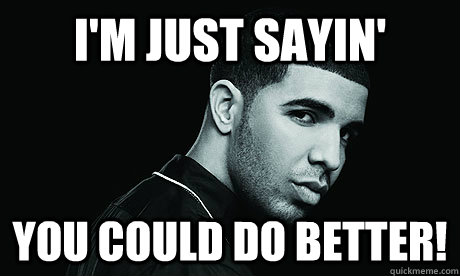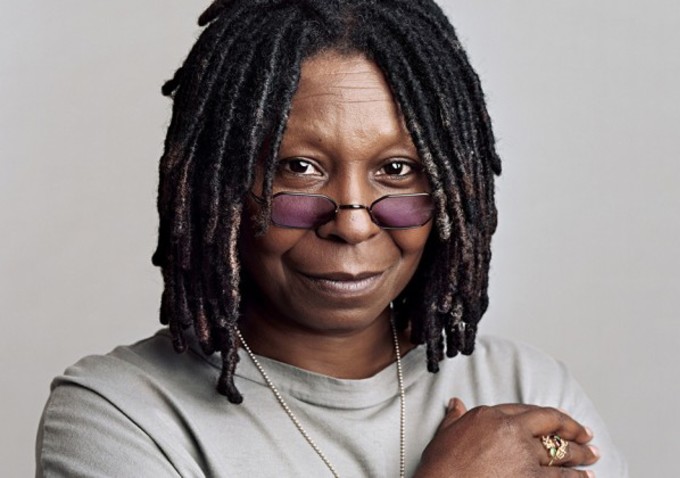Hair is political. Even Chimamanda agrees.
African hair has undergone a tremendous evolution, from naturally curly or kinky hair to the chemically straightened hair to weaves and weave-ons.
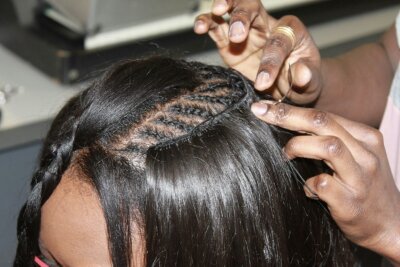
Kinky hair was seen as inferior to long wavy hair. Men and women have long began to embrace their God-given textures.
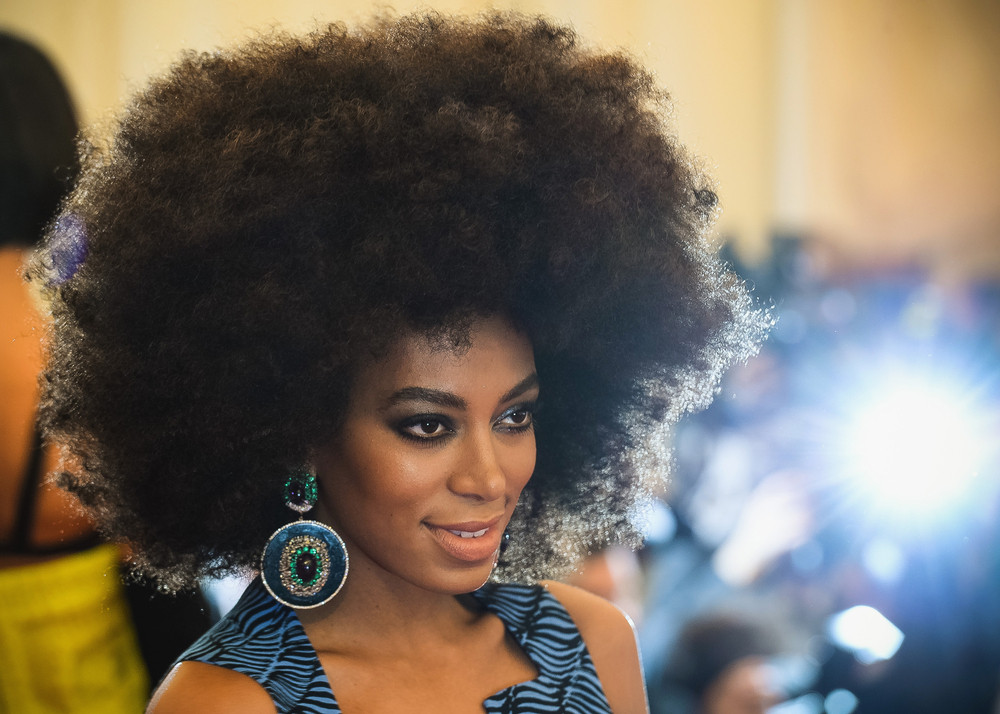
But some workplaces in these modern times still find natural hair unacceptable, as this young Ghanaian-Canadian lady came to find out.
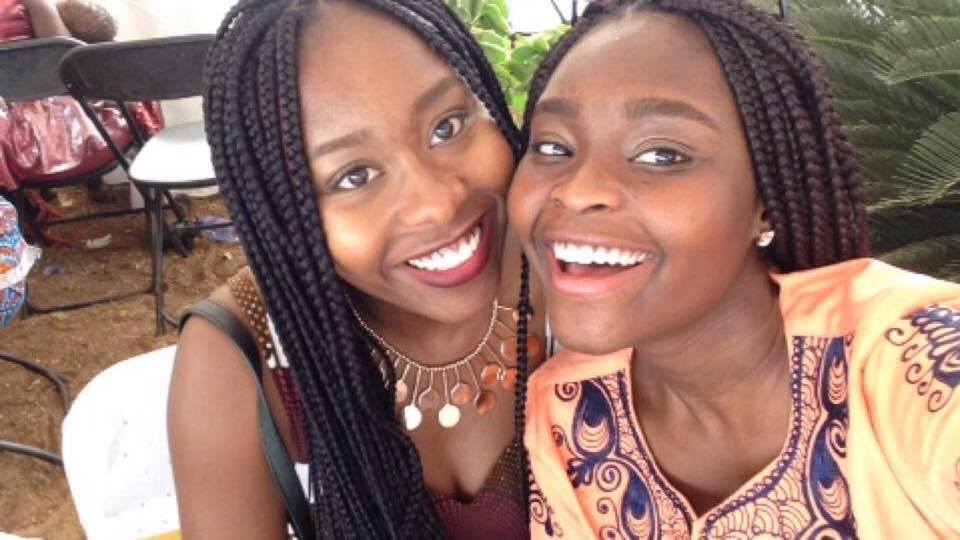
Akua Agyemfra is a 20-year-old Humanities student at York University in Canada.

She got a job as a server at a restaurant in Toronto.
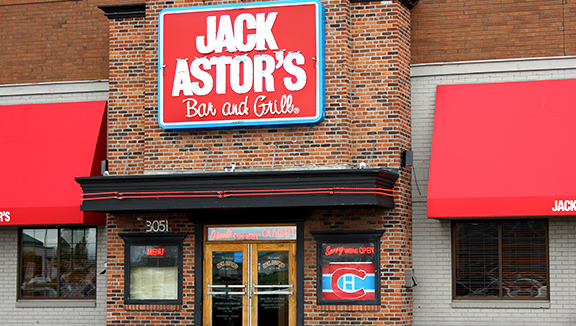
On her third day of training, she was sent home for wearing her hair in a bun.
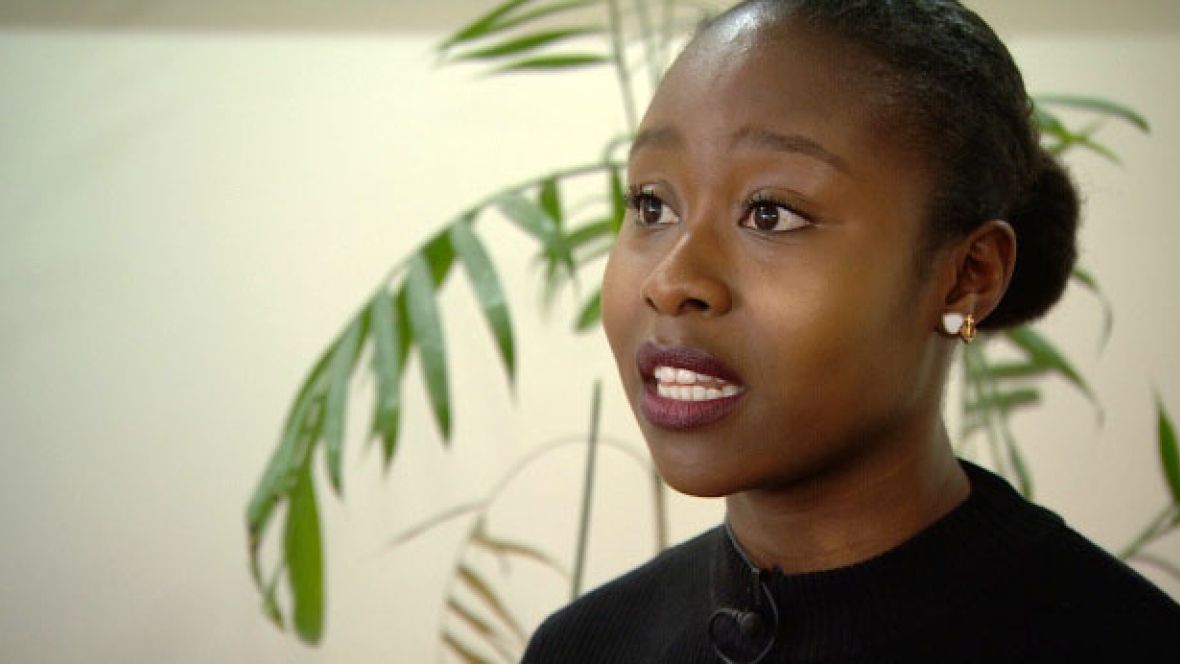
According to her, the assistant general manager of the restaurant told her she was not allowed to wear her hair in a bun, saying it was company policy. The manager said her her hair had to be worn straight down.
The manager said she expected servers to look like they’re going to the club, not coming from one.
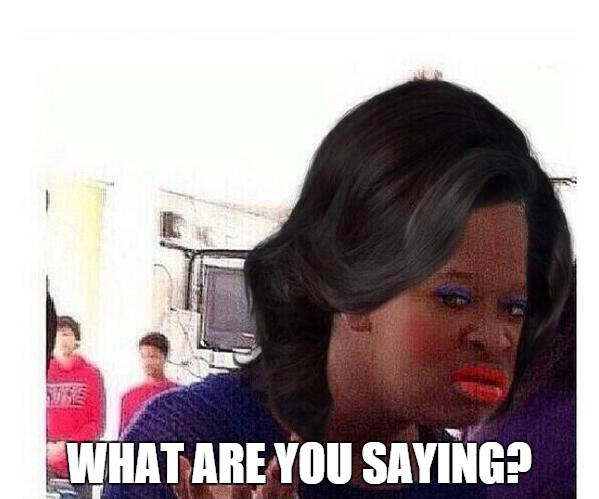
Being a non-confrontational person, she left without standing her ground.
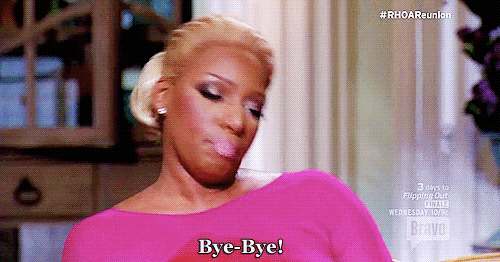
She has since quit her job at the restaurant. But she didn’t take the situation lying down.
<!– // (function(d, s, id) { var js, fjs = d.getElementsByTagName(s)[0]; if (d.getElementById(id)) return; js = d.createElement(s); js.id = id; js.src = “//connect.facebook.net/en_US/sdk.js#xfbml=1&version=v2.3”; fjs.parentNode.insertBefore(js, fjs);}(document, ‘script’, ‘facebook-jssdk’)); // ]]>Server told to alter hairAre you black and working in the service industry? Have you been asked to wear your hair differently on the job like Akua Agyemfra? Contact us: tonews@cbc.caPosted by CBC Toronto on Thursday, March 10, 2016 Akua sees their dress code as discriminatory. She has shared her story and been interviewed by media outlets and this has led to more awareness about Black people having to alter their hair just to fit in in the work place. She says “I’m not going to compromise my roots and edges because my employer wants me to. My scalp has a right to breathe just as much as the woman standing beside me.”
You go girl!

But the thing is that this situation happens here in Nigeria where we ought to know better. Some workplaces forbid their employees from having afros or locs.

This needs to change.
